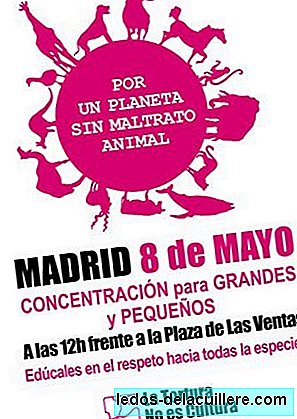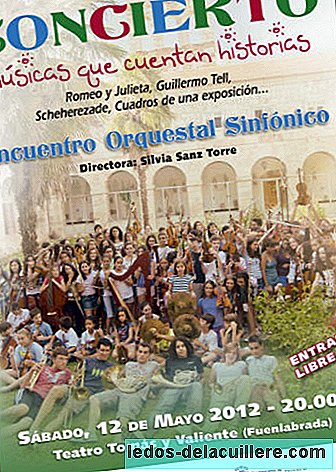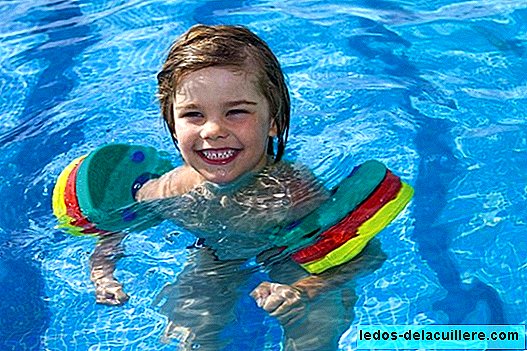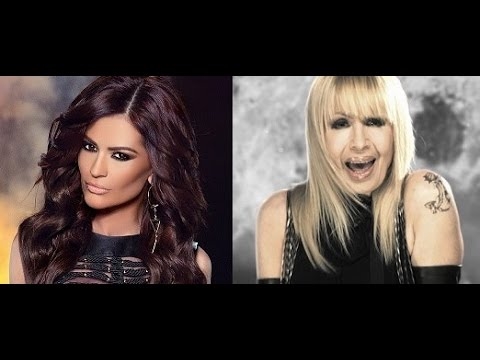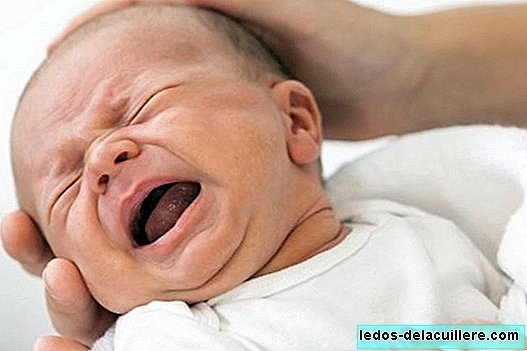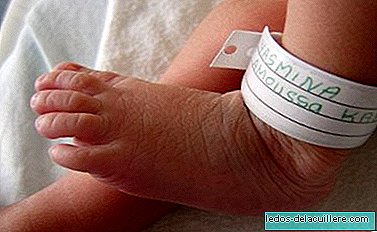
The proper name is very important for people. It is decided by parents at birth and accompanies us throughout life. Mark our identity.
When the birth of the newborn is registered in the Civil Registry, the name they are going to give is declared, a name that the parents have chosen with care for him or her.
The right of parents to choose the name of the baby is subject to some legal limits as a poor exercise of that freedom, sometimes thoughtless or arbitrary, could affect the dignity of the newborn. Therefore, there are certain names that cannot be given to the baby.
In general, the prohibitions regarding name imposition They have become increasingly flexible over the past few years, but there are still certain limitations when it comes to entering the child's name.
Let's see what are the legal restrictions on proper names in Spain. Although ultimately much has to do with the judge's criteria when authorizing the name.
Art 54 of the Civil Registry Law and Art. 192 of the Civil Registry Regulations determine the limits to the freedom of choice of name.
Number of names
"No more than one compound name or more than two simple names may be entered."
It is quite clear. It is not allowed to call a girl María del Mar Ana Isabel, because they are two compound names, but instead it can be called María del Mar or Ana Isabel.
Harmful and diminutive names of names
"Names that objectively harm the person are prohibited."
It is quite complicated to determine what is objective and what is not, as some might think that names like Cain do not harm the person and others do.
They are also prohibited:
"The diminutives or familiar and colloquial variants that have not reached substantivity, those that make identification confusing and those that lead to error as a whole as regards sex".
Well, here there is a lot of cloth to cut. The diminutives like Manolito are not allowed but those who have achieved their own identity as Pepa, by Josefa, Lola, by Dolores, Sandra by Alejandra or Alex by Alejandro. There is controversy over Nacho, for Ignacio, but following the same reasoning would be an example of the previous ones.
In one of the reforms to the law it has been clarified that diminutives are not allowed except those "That have not reached substantivity". So names like Paco or Pepe have stopped being family nicknames to become names in every law.
As for the “That lead to error as a whole as regards sex” there are certain names that are excluded from the ban such as Ariel, Trinidad or Cruz that can be names of both girl and boy.
Brothers' names
"The same name as one of his brothers cannot be imposed on the born unless he had died, nor can his usual translation into another language."
It is a limitation of the most logical from my point of view not to call two or more children by the same name, however I have heard cases of brothers who are called for example Juan José and José Juan because strictly due to the change of order no It is the same name. I also know cases of Tomás Ezequiel, Ezequiel Arturo and Arturo Tomás, which although they are repeated are not the same names. And there are names to choose from as to repeat.
It is usual, in fact my grandmother has done it although it seems quite nefarious, to put the name of a son who has died as a child to the next child. A mother can see it as a comfort, but we must see the burden that is imposed on the new born child for a lifetime.
With respect to "Nor is his usual translation into another language", it is not allowed to call a son Tomás and another Thomas, for example. It is reasonable.
Names in foreign languages
"If they had usual translation to any of the Spanish languages, they will be recorded in the version chosen by the person who will impose the name."
The previous prohibition of imposing proper names in non-Spanish languages on Spanish is abolished. Before, Mary had to be translated, for example, to Mary. But from one of the modifications of the law is allowed.
In other words, a child can be called John, Jean Pierre or as their parents decide. Partially motivated permit because there are many couples in which both or one of the parents are foreigners and want to name their children in their own language.
"It is allowed to substitute a name for its onomastic equivalent in any of the Spanish languages."
Of course, names are allowed in any of the Spanish languages such as Catalan, Galician, Basque, Spanish, Aragonese, etc.

Abstract or fantasy names
The law also allows:
"Names of historical, mythological, legendary or artistic characters, geographical names and, in general, abstract or fantasy names, for whose interpretation the current social, cultural and political reality of our country must be taken into account."
While I am in favor of parents giving their children the name they want, I think you have to have some common sense. It's name is something very important and you can't ridicule the child with names as unfortunate as for example Snow White, Michelin (like tires), Google or Harry Potter.
We trust that in cases like these the judge, for the benefit of the child, will put sanity to the extravagance of the parents.
Finally and with respect to the foregoing, Article 192 of the Civil Registry Regulations specifies:
"Names that are forbidden by extravagant are those that by themselves or in combination with the surnames are contrary to the decorum of the person."
Of course, you cannot give the child a denigrating or pejorative name like Robocop or Pocahontas, a ban that does not exist in other countries such as Mexico where you can find the most extravagant names. Not to say ridiculous.
Leugo, there are many common names, but in combination with the last name are very bad. As for example, Esteban Quito or Elsa Pito, would be cause for sure mockery for the poor child.
Name change
If the parents have not had good criteria to choose the name of the child, he or she does not feel identified with his or her name, has been imposed against the legal provisions or was malicious, the Civil Registry Law 40/1999, of November 5, contemplates The possibility of changing your name.
If you are a minor, it must be done with the consent of the parents, but your permission is not needed once you turn 18.
The interested party must prove that his environment does not know him by the name on the birth record, but by a different one. You must show just cause for the change and habitual use.
It is allowed, for example, to translate the name into any of the official Spanish languages such as Basque, Galician, Catalan, Valencian, etc. or from abroad to Spanish.
As you can see, thanks to the latest modifications, the restrictions on what names cannot be given to the baby They are not as fierce as years ago.
It's about parents having the greater freedom when choosing the name of your children, but do so with responsibility and common sense.



